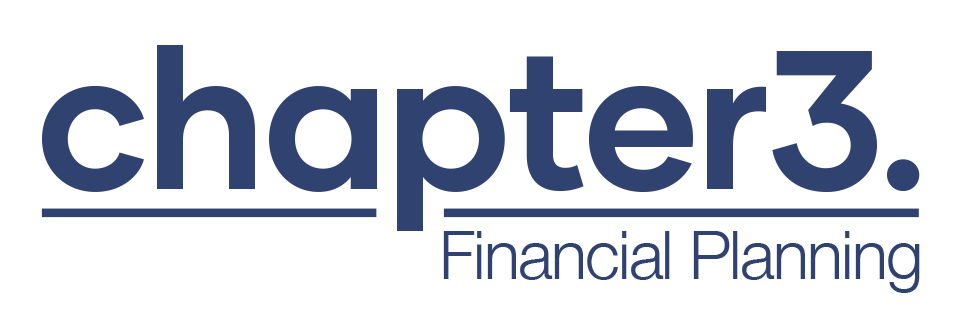How do you know you’re selling your business for the right price?
Many entrepreneurs experience mixed feelings when they think about selling their business.
You might experience excitement about your next chapter, sadness about coming to the end of your time as the business owner, and maybe a little bit of overwhelm about the prospect of deciding just how much to sell your business for.
If the final point on that list resonated with you, you aren’t alone. Research reported by SmallBusiness.co.uk has found that UK business owners made a combined £11.8 billion over the past year selling their firms, but this number is less than half the amount that was made in 2019/20.
So, how do you decide how much to sell your business for? Read on to discover some of the most popular methods for valuing a business and learn how working with a financial planner could help you to understand how much is “enough” when the time comes to sell.
There are several different methods for valuing a business
There are several different ways you could calculate a precise figure of what your business is worth.
Price-to-earnings ratio
This is one of the more popular methods and involves multiplying your business’s post-tax earnings by its price-to-earnings ratio. This ratio can be found by comparing the company’s share price to its per-share earnings.
Net asset valuation
This method uses the value of the assets that your business owns to calculate a fair price. The total value of the assets your business owns is often adjusted to account for changes to their value over time based on increased demand or other economic factors.
Entry cost
This method of pricing is based on how much it would cost to set up a comparable business from scratch and bring it up to the level that your business has reached. This could include investments, recruitment costs, training, equipment, and marketing, among other things.
Discounted cash flow
This is a much more complex method of valuation and involves forecasting what your cash flow might be worth in the future due to inflation.
To calculate this figure, you would normally look at the forecast for dividends over approximately 15 years plus a residual value at the end of that period. You should then factor in a discount to find what that cash flow might be worth today. The discount rate is usually around 15 to 20%.
Specific industry standards
Depending on what industry your business operates in, there may be a standard measure that you can follow. For example, in the IT industry, valuations are usually based on annual turnover, but cafes and restaurants are more often valued according to how many sites they have.
These formulas can’t take your personal circumstances into account
While it is important to have a realistic price in mind for your business that aligns with what buyers might be expecting, there are some other factors that are absolutely critical to consider.
These factors can’t be found on a balance sheet and they won’t be tangible like your equipment or marketing collateral: they are your personal goals and aspirations for your retirement.
Understanding how much to sell your business for depends on you having a clear idea of what you want your retirement to look like, and how much money you will need to be able to create that dream lifestyle for yourself without running out of money. After all, isn’t that one of the reasons you set up your business in the first place: financial freedom and independence?
While an accountant may be able to help you understand the numbers behind your business, only a financial planner can help you to decide how much is “enough” when it comes to selling your business for a fair price that aligns with your personal goals.
A financial planner can help you to weave your exit strategy into your wider financial plan
When you work with a lifestyle financial planner, they will help you to step back and look at the bigger picture. What drives you, what makes you happy, and what do you want to spend your life doing?
Once you’ve started to build a picture of this in your mind, your planner can use sophisticated cashflow forecasting software to visualise exactly how much money you are likely to need to fulfil your ambitions.
By reverse engineering your financial plan from here, your planner can help you to decide on a figure that’s fair to your buyer and that enables you to step into your next chapter with confidence. This might mean that you need less than you originally anticipated, allowing you to finish working sooner than you thought. You can see a short clip below demonstrating how this could work.
From here, they can help you to navigate the complex selling process, minimising your tax liability and carefully balancing your investment portfolio.
You can read more about why a financial planner could be a business owner’s greatest asset on our website.
Get in touch
If you’d like to learn more about how we can help you to calculate how much you could sell your business for, we’d love to speak to you. Say hello to us [email protected], call us 0161 541 2826 or submit a contact form on our website.
Please note
The Financial Conduct Authority does not regulate cashflow planning.
The value of your investments (and any income from them) can go down as well as up and you may not get back the full amount you invested. Past performance is not a reliable indicator of future performance. Investments should be considered over the longer term and should fit in with your overall attitude to risk and financial circumstances.
This article is for information only. Please do not act based on anything you might read in this article. All contents are based on our understanding of HMRC legislation, which is subject to change.

